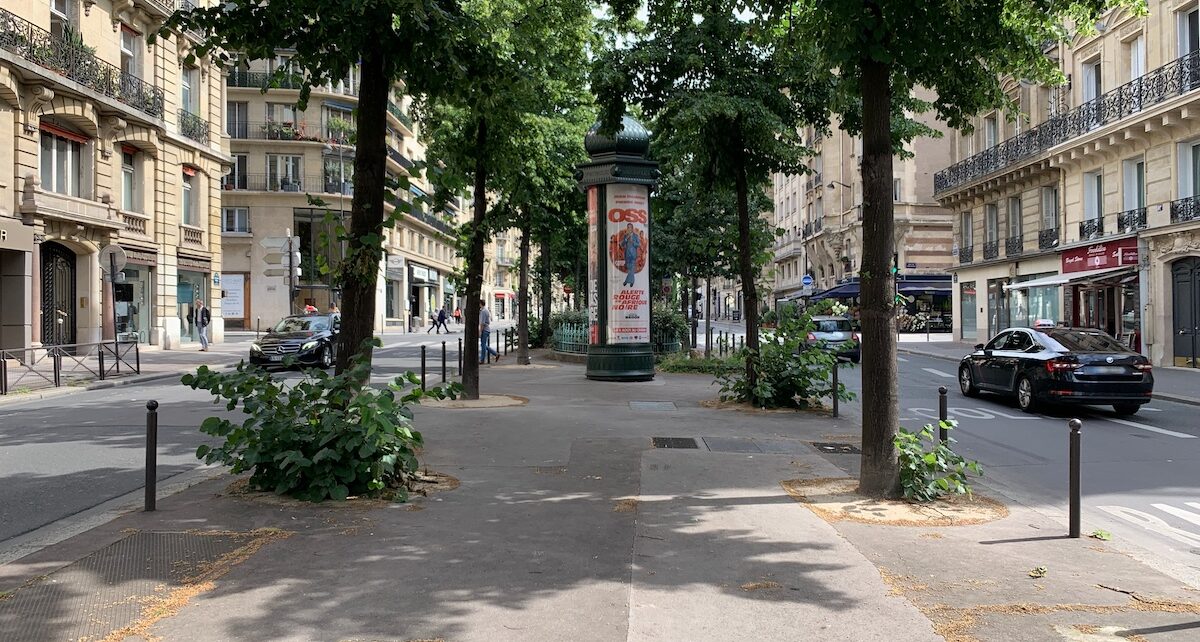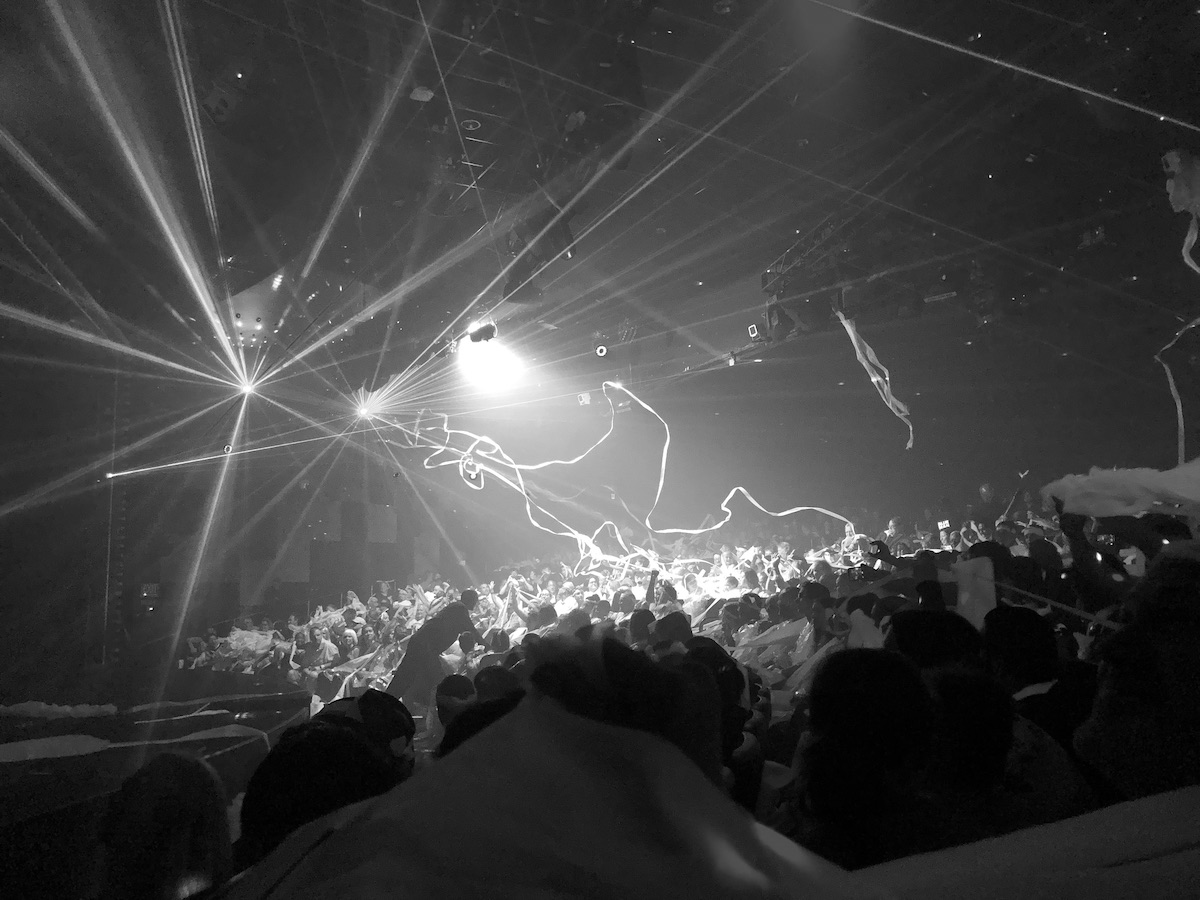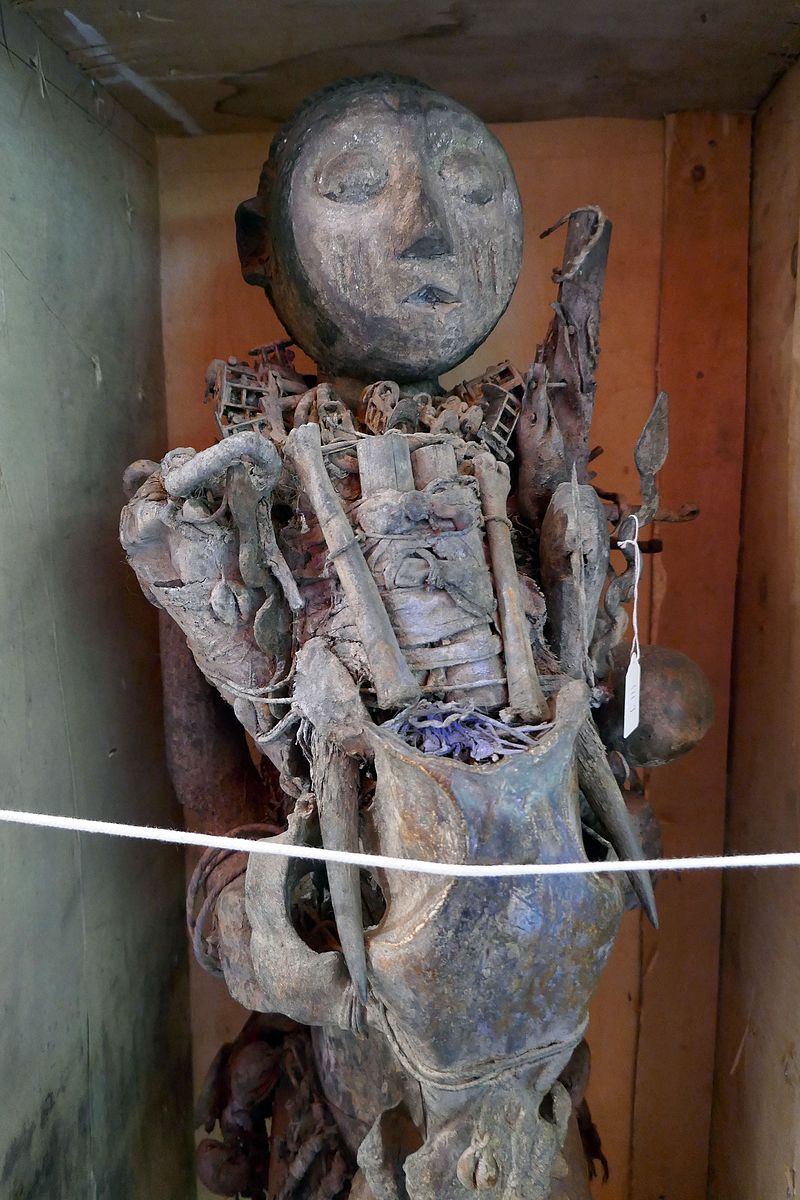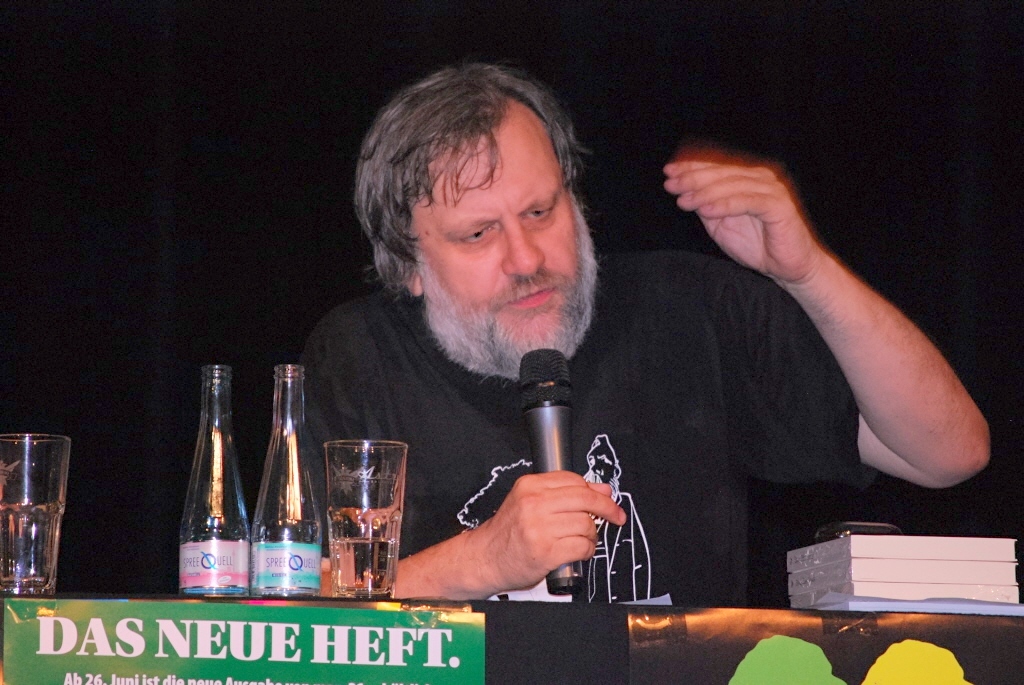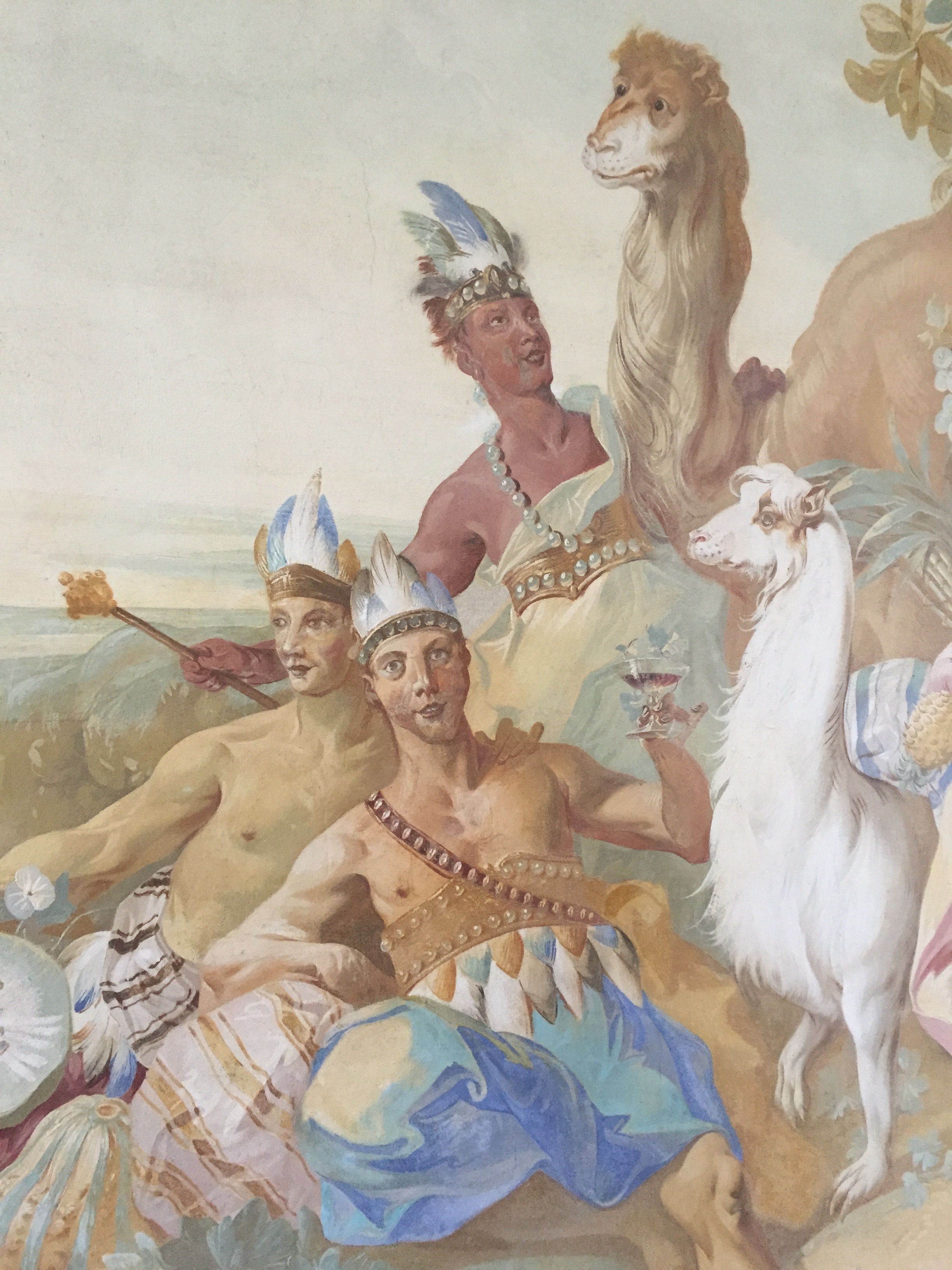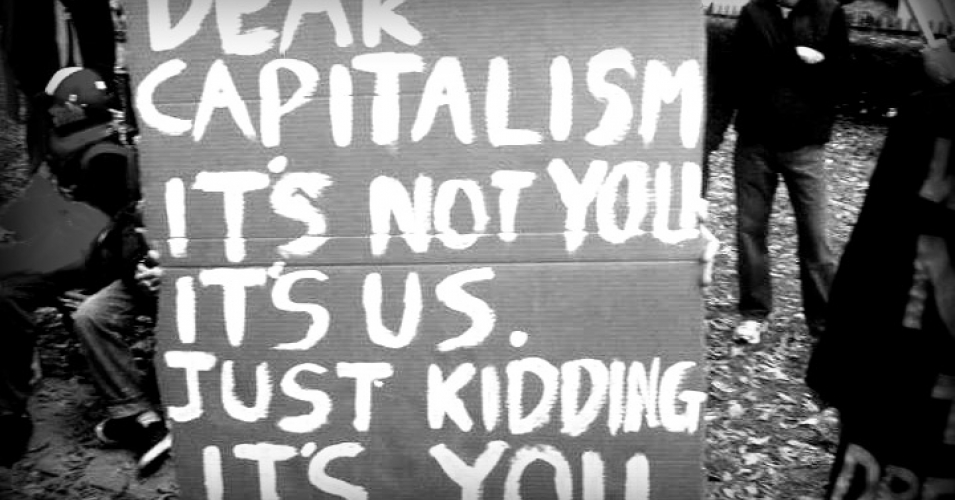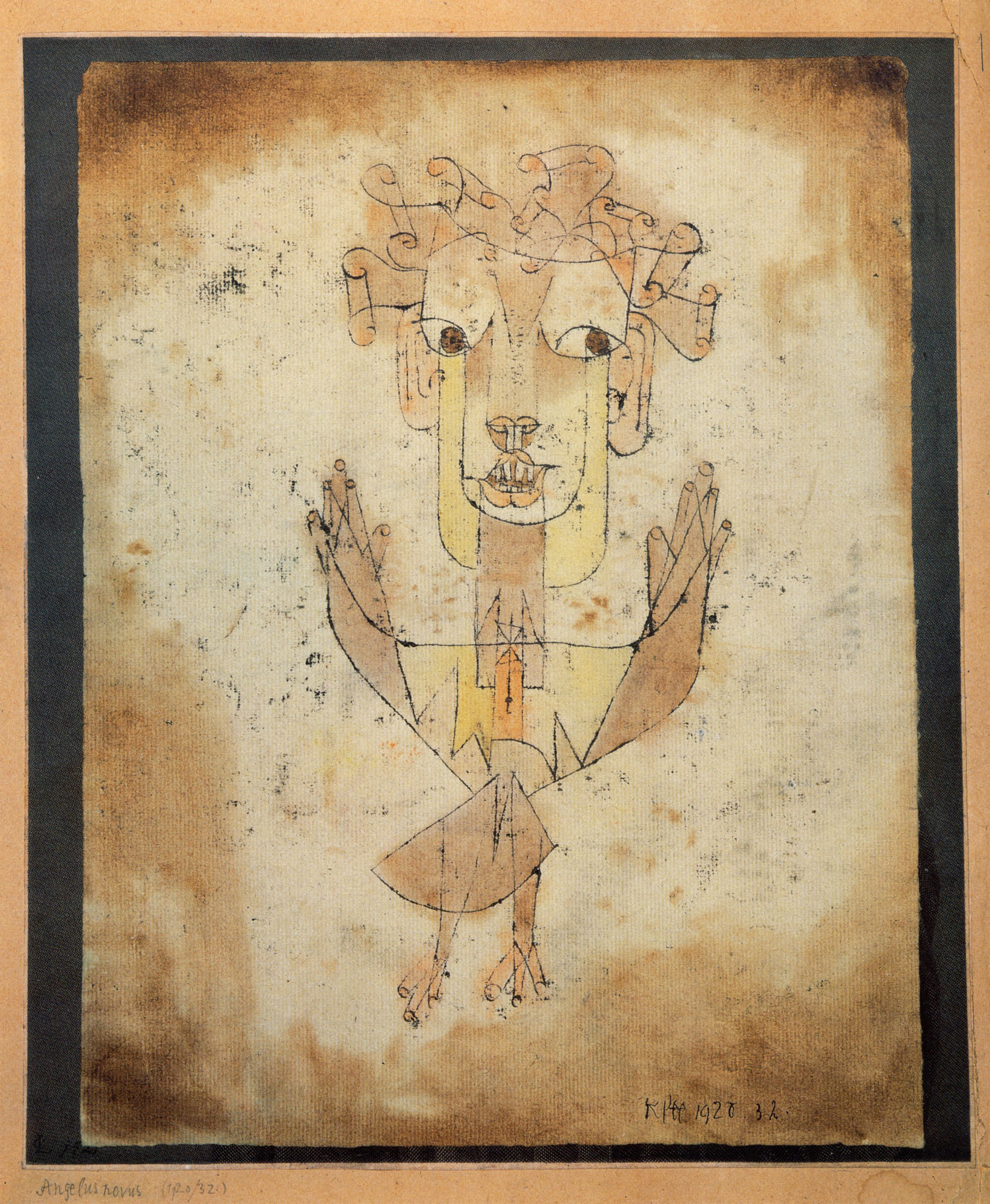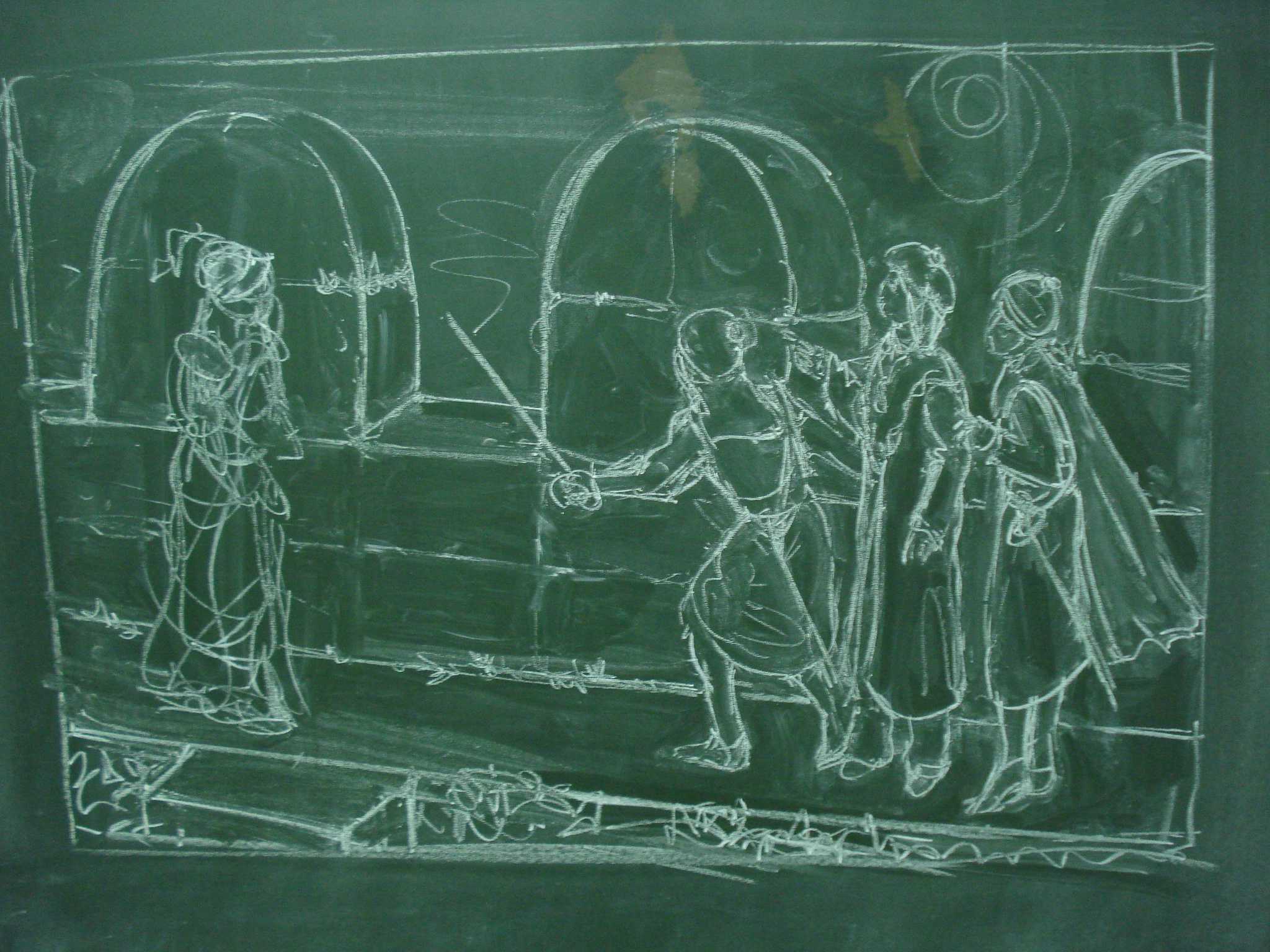The following is the third of a three-part series. The first can be found here, the second here. Derrida’s suspicion of and discomfort with the seemingly politically-motivated dogmatism that we see guiding Heidegger’s understanding of spirit leads us into the common interpretations of Derrida’s religious thinking as being about a sort of theological indiscretion, an […]
Tag: Karl Marx
Tsimtsum In Life Of Pi, Part 4 (Daniel Reiser)
The following is the last of a four-part series. The first can be found here, the second here, the third here. Is what Martel presents his readers only a pragmatic approach which demonstrates the utilitarian value of religion? Is religion “false” but nevertheless worth adopting because it provides a better (story) way of life?[1] Is God just another […]
“Naming The Darkness,” Spiritual Violence, And Radical Incompleteness – Resituating A Political Theology, Part 2 (James E. Willis, III)
The following is the second of a two-part series. The first can be found here. Martin Hägglund: Democratic Socialism A philosophy of finite human time is one way to read Martin Hägglund’s recent This Life because time is of critical importance in his corpus to date[1]. His interpretation of Marx centers on “labor time” to […]
Fetishism And The Erasure Of Identity, Part 1 (Roger Green)
The following is the first of a two-part series. The second installment can be found here. The concept of fetishism has a special place within the long history of genocide against the Indigenous peoples of the Americas. In one way, pursuing the concept acts as a diversion from Indigenous peoples because it acts as a […]
The “New Hegel” And The Question Of God, Part 2 (Gavin Hyman)
The following is the second installment of a three-part series. The first one can be found here. II Slavoj Žižek’s return to God in the context of his wider return to Hegel is in some ways markedly distinct and in some ways surprisingly close to that of Williams. On the one hand, Žižek’s return to […]
The Kingdom, The Power, The Glory, And The Tawdry – Media And The Undoing Of The Demos, Part 1 (Carl Raschke)
This article appears in three installments. It was originally a paper given at the international conference “The Crisis of Representation” at Melk Conference Center (Stift Melk, Austria) sponsored by the Religion and Transformation in Contemporary Society Platform at the University of Vienna (June 27, 2017). The next two will be published on July 11 and […]
Time Emptied And Time Renewed – The Dominion Of Capital And A Theo-Politics Of Contretemps, Part 2 (Daniel Rhodes)
The following is the second installment of a three-part series. The link to the first portion can be found here. As the source of productivity, time rendered as quantifiable and rectilinear not only orders the social and political to accumulation but orients and shapes the human subject to this experience as well. Its disjointed time, […]
Time Emptied And Time Renewed – The Dominion Of Capital And A Theo-Politics Of Contretemps, Part 1 (Daniel Rhodes)
The following is the first installment of a three-part series. In his long-awaited interjection into the debates on the future of Marxism after the collapse of Soviet state communism, Jacques Derrida introduces the notion of contretemps.[1] It is a concept that appears amid his call for a New International to bear the legacy of critique […]
Benjamin’s Concept of History As A Source of Arendt’s Idea of Judgment – Part 1 (Ronald Beiner)
“Benjamin’s Concept of History As A Source of Arendt’s Idea of Judgment” by Ronald Beiner is published in two parts during successive weeks. The following is the first portion. “ich kehrte gern zurück.”– Gershom Scholem That there is an intimate bond between the last thoughts of Walter Benjamin and the last thoughts of his friend […]
Jesus’ Ghost – Derrida, Christianity, and “Hauntology” – Part 1
Jesus, who was concerned till manhood with his own personal development, was free from the contagious sickness of his age and his people; free from the inhibited inertia which expends its one activity on the common needs and conveniences of life; free too from the ambition and other desires whose satisfaction, once craved, would have […]
